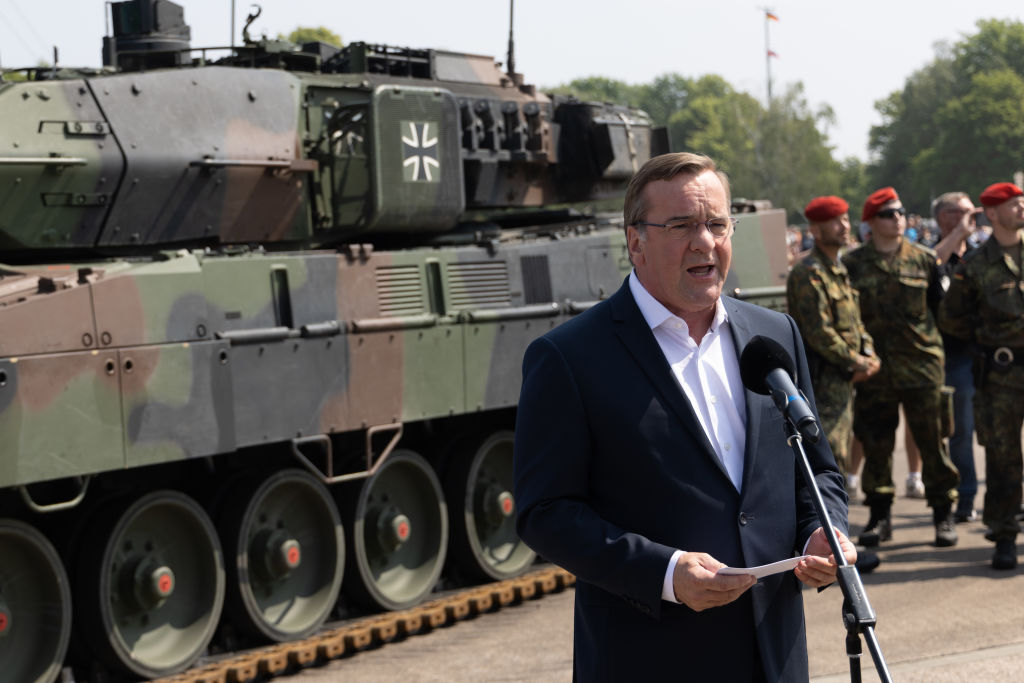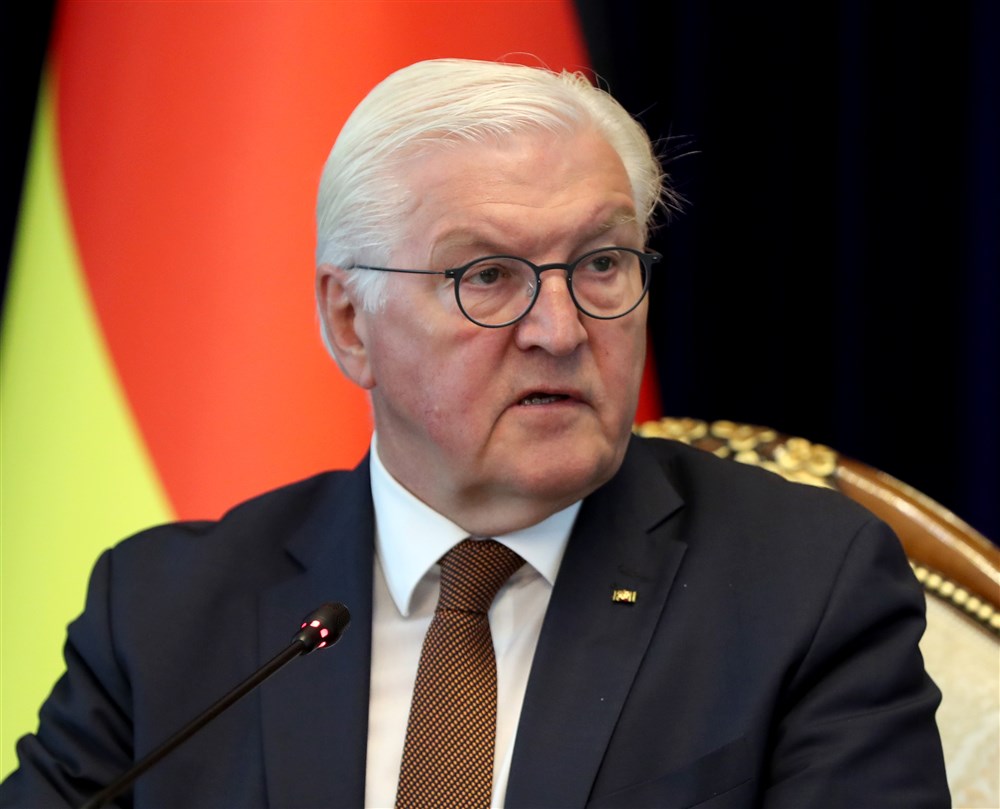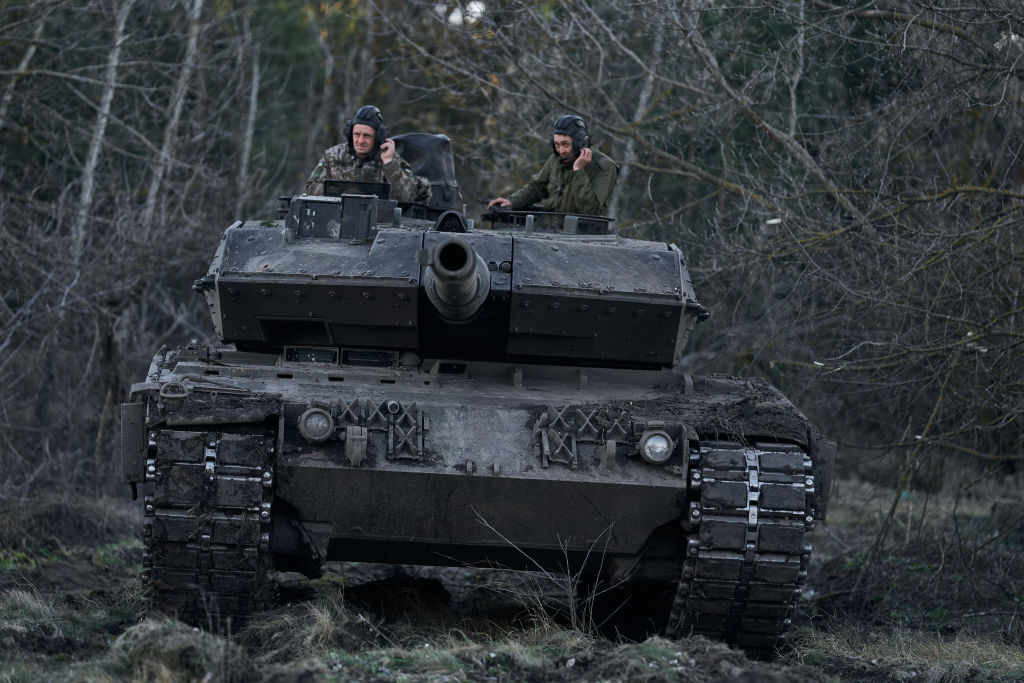The German Government is reportedly considering a “back-door” method for supplying Ukraine with cruise missiles.
The traffic-light federal leadership has remained hesitant about sending German Taurus cruise-missile system East over concerns it could be used to strike targets located in uncontested Russian territory.
In the hope of solving the impasse, the UK Government has now proposed a work-around for Germany, German newspaper Handelsblatt reported on January 25.
Dubbed the “ring exchange”, this new solution involves Germany delivering its Taurus missiles to London instead of Kyiv.
The British Government would send an equivalent number of its Storm Shadow cruise missiles to Ukraine, a weapon regarded as having comparable capabilities to the Swedish-German projectiles.
According to Handelsblatt, insiders believe the move is being considered by Chancellor Olaf Scholz, although his Government has refused to make any official statements.
How likely such a workaround is to be accepted remains unclear, although many German politicians do not seem pleased with the idea.
“It is also a sign of a lack of trust in Ukraine if Germany accepts the offer,” Roderich Kiesewetter, a representative of the opposition Christian Democrats, said regarding the proposal. He added it would be “embarrassing” if the Government accepted it.
Some politicians within the ruling coalition do not appear convinced by the plan, either. Marie-Agnes Strack-Zimmermann of the Free Democratic Party (FDP) took to X to lambast the possible move.
“The suggestion of a ‘ring exchange’ with Great Britain is unsuitable,” she wrote.
She added that such a deal would see Germany’s own military lose precious numbers of the high-end missiles and do so without providing a single one of them to Ukraine.
“Storm Shadow is not an equivalent replacement,” she added.
Strack-Zimmermann is not the only one to claim that the Franco-British Storm Shadow is ultimately a less potent weapon than the Taurus system.
Although similar on paper, some have claimed that the Taurus missiles have a greater range than the UK ones.
The German weapon’s more complex detonation mechanism has also been cited as a reason for Ukraine to prefer them over the UK alternative, as it would likely make it better suited to demolishing bridges and similar infrastructure.
That may be a particularly important detail for Ukraine. Experts have speculated that any long-range cruise missiles delivered to the country would be used to strike the Kerch bridge connecting Russia with Crimea.
VIDEO: Would the EU's "founding fathers" have approved of the bloc’s decision to fund Ukraine’s armed forces?@JustinStares examines the EU’s evolution over the last 70 years and the ground-breaking decision to arm Kyiv throughout the ongoing conflict. https://t.co/PwTEorpPqg
— Brussels Signal (@brusselssignal) January 25, 2024





